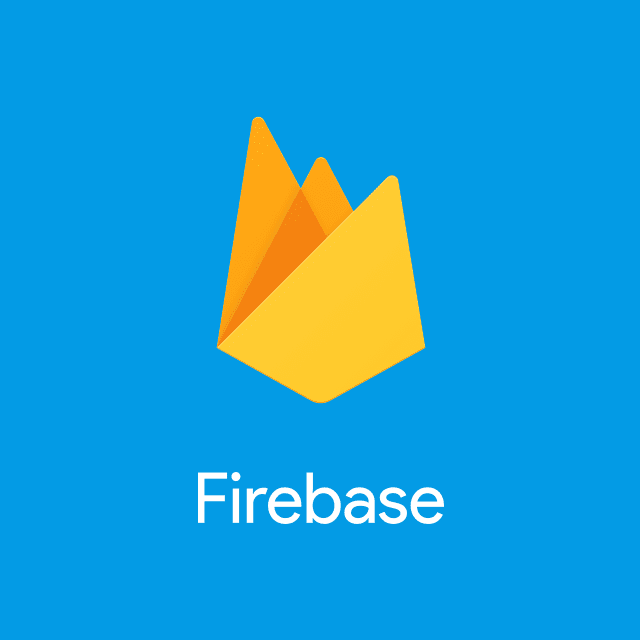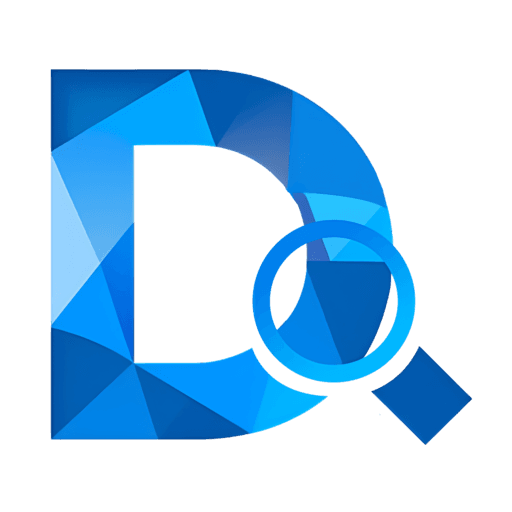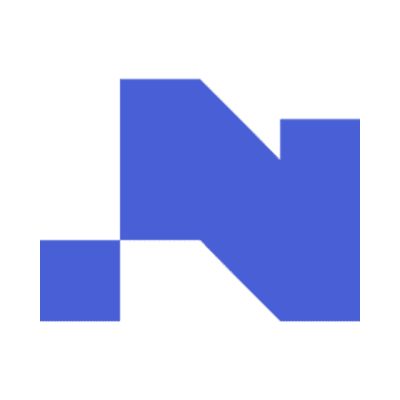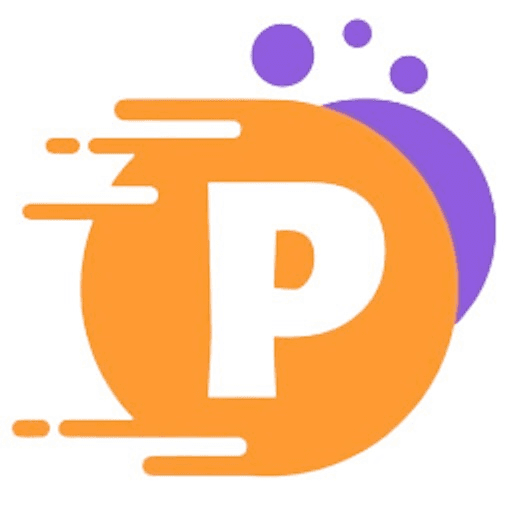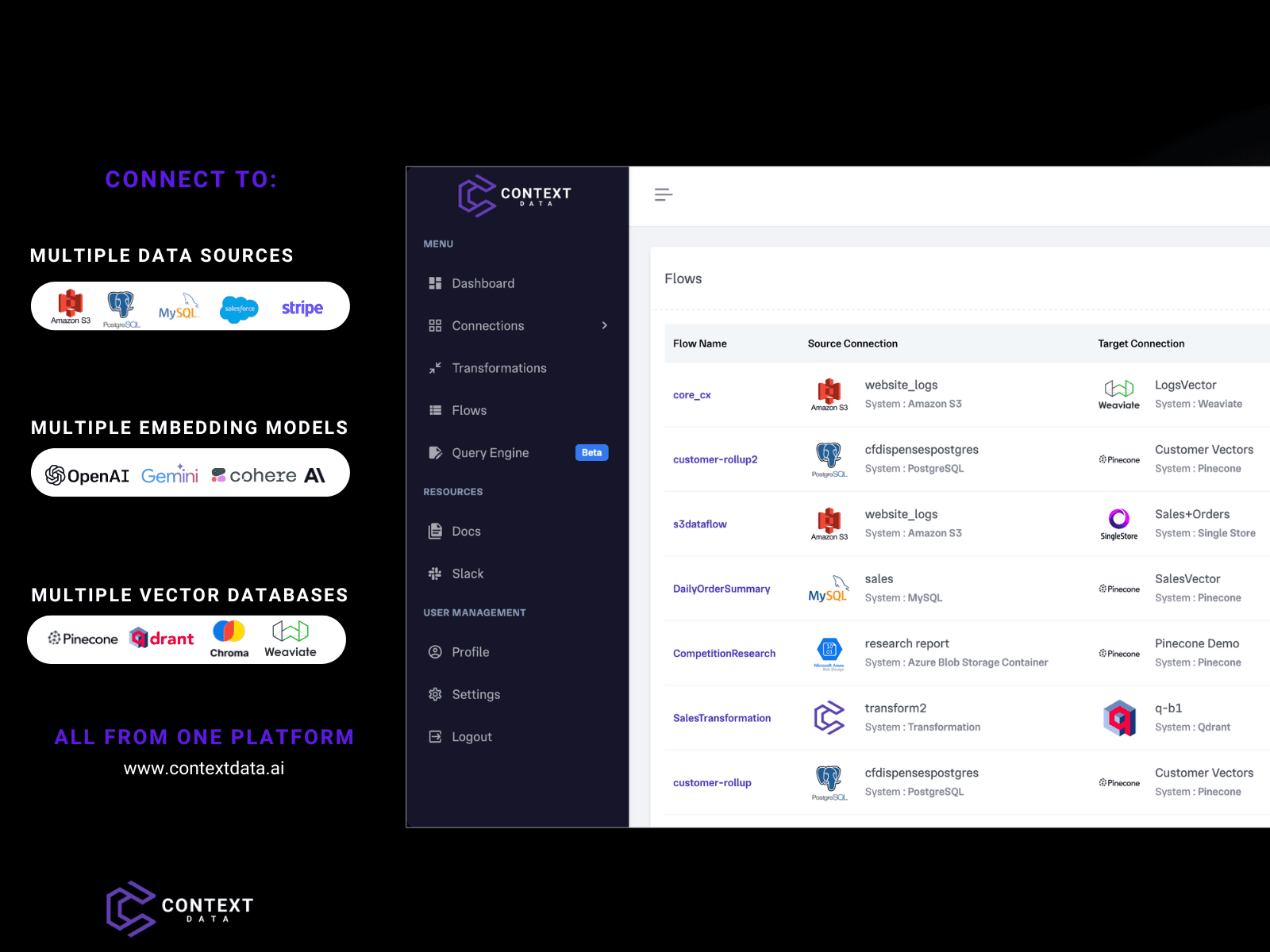Dynamiq vs. Firebase
Dynamiq
Dynamiq the operating platform for building, deploying, monitoring and fine-tuning generative AI applications. Key features: 🛠️ Workflows: Build GenAI workflows in a low-code interface to automate tasks at scale 🧠 Knowledge & RAG: Create custom RAG knowledge bases and deploy vector DBs in minutes 🤖 Agents Ops: Create custom LLM agents to solve complex task and connect them to your internal APIs 📈 Observability: Log all interactions, use large-scale LLM quality evaluations 🦺 Guardrails: Precise and reliable LLM outputs with pre-built validators, detection of sensitive content, and data leak prevention 📻 Fine-tuning: Fine-tune proprietary LLM models to make them your own
Firebase
Google's Firebase is an entire app development platform that's packed with features.It comes with storage, cloud functions, monitoring and, of course, user authentication. The free tier comes with 50,000 MAUs. Beyond that pricing start at $0.0055/MAU and goes down to as low as $0.0025/MAU as you scale to millions of users. Firebase authentication supports email and password auth, phone auth, magic links, two-factor authentication and social identity providers - mainly Google, Google Play Games, Facebook, Apple, Microsoft, Twitter, GitHub and OAuth access tokens.
Reviews
Reviews
| Item | Votes | Upvote |
|---|---|---|
| No pros yet, would you like to add one? | ||
| Item | Votes | Upvote |
|---|---|---|
| No cons yet, would you like to add one? | ||
| Item | Votes | Upvote |
|---|---|---|
| Easy to use | 1 | |
| Low price per monthly active user | 1 | |
| Generous free tier | 1 | |
| Easy SMS authentication | 1 |
| Item | Votes | Upvote |
|---|---|---|
| No cons yet, would you like to add one? | ||
Frequently Asked Questions
Dynamiq is specifically designed for building, deploying, and fine-tuning generative AI applications, offering features like low-code workflows, custom LLM agents, and robust security for sensitive data. In contrast, Firebase is a comprehensive app development platform that includes user authentication and cloud functions but is not tailored specifically for generative AI. If your primary focus is on generative AI, Dynamiq may be the better choice, while Firebase is more suited for general app development.
Dynamiq emphasizes stringent security controls, making it ideal for clients managing highly sensitive data, with features like air-gapped solutions and data leak prevention. Firebase, while secure, primarily focuses on user authentication and data storage without the same level of specialized security for sensitive applications. Therefore, for applications requiring high security, Dynamiq may be the preferred option.
Dynamiq provides extensive customization options for generative AI applications, allowing users to create custom LLM agents and fine-tune proprietary models. Firebase, while customizable for app development, does not offer the same level of AI-specific customization. If customization for AI is a priority, Dynamiq is likely the better choice.
Firebase offers a generous free tier and low pricing per monthly active user, making it a cost-effective option for app development, especially for startups and smaller projects. Dynamiq's pricing structure is not detailed in the provided information, but it is tailored for enterprise-level applications, which may imply higher costs. For budget-conscious developers, Firebase may be the more economical choice.
Dynamiq is an operating platform designed for building, deploying, monitoring, and fine-tuning generative AI applications. It offers a variety of features including low-code workflow automation, custom knowledge base creation, LLM agent operations, observability, guardrails for reliable outputs, and fine-tuning of proprietary LLM models.
The key features of Dynamiq include: - Workflows: Build GenAI workflows in a low-code interface to automate tasks at scale. - Knowledge & RAG: Create custom RAG knowledge bases and deploy vector DBs in minutes. - Agents Ops: Create custom LLM agents to solve complex tasks and connect them to your internal APIs. - Observability: Log all interactions and use large-scale LLM quality evaluations. - Guardrails: Ensure precise and reliable LLM outputs with pre-built validators, detection of sensitive content, and data leak prevention. - Fine-tuning: Fine-tune proprietary LLM models to make them your own.
The benefits of using Dynamiq include: - Air-gapped Solution: Enables clients managing highly sensitive data to leverage LLMs while maintaining stringent security controls. - Vendor-Agnostic: Allows clients to build GenAI applications using a variety of models from different providers and switch between them if needed. - All-In-One Solution: Covers the entire GenAI development process from ideation to deployment.
The use cases for Dynamiq include: - AI Assistants: Equip teams with custom AI assistants to streamline tasks, enhance information access, and boost productivity. - Knowledge Base: Build a dynamic AI knowledge base to streamline decision-making and enhance productivity by reducing the time spent navigating through extensive company documents, files, and databases. - Workflow Automations: Design powerful, no-code workflows to enhance content creation, CRM enrichment, and customer support.
As of now, there are no user-generated pros and cons for Dynamiq. However, its key benefits include stringent security measures, vendor-agnostic integration capabilities, and an all-in-one solution for GenAI development.
Firebase is Google's app development platform that offers a comprehensive suite of features, including storage, cloud functions, monitoring, and user authentication. It supports multiple authentication methods such as email and password, phone authentication, magic links, two-factor authentication, and social identity providers like Google, Facebook, Apple, Microsoft, Twitter, GitHub, and OAuth access tokens.
Pros of Firebase include its ease of use, low price per monthly active user, a generous free tier, and easy SMS authentication. Currently, there are no user-generated cons for Firebase.
The free tier for Firebase includes 50,000 monthly active users (MAUs). Beyond that, pricing starts at $0.0055 per MAU and can go as low as $0.0025 per MAU as you scale to millions of users.
Firebase supports multiple authentication methods, including email and password, phone authentication, magic links, two-factor authentication, and social identity providers such as Google, Google Play Games, Facebook, Apple, Microsoft, Twitter, GitHub, and OAuth access tokens.

